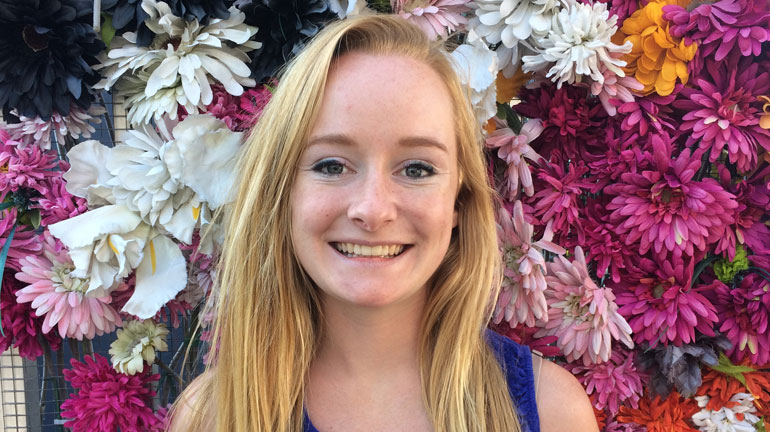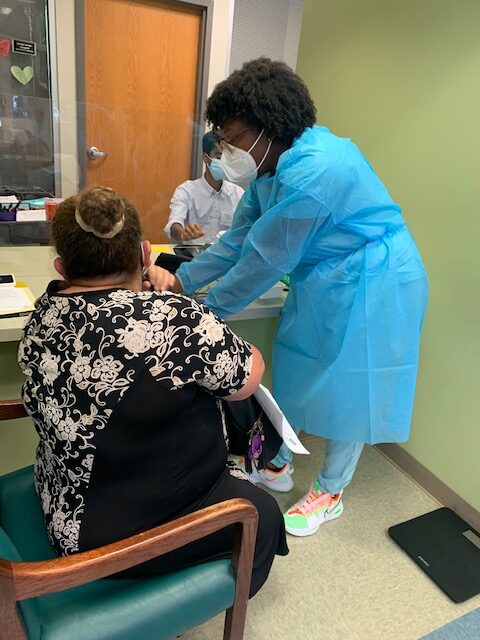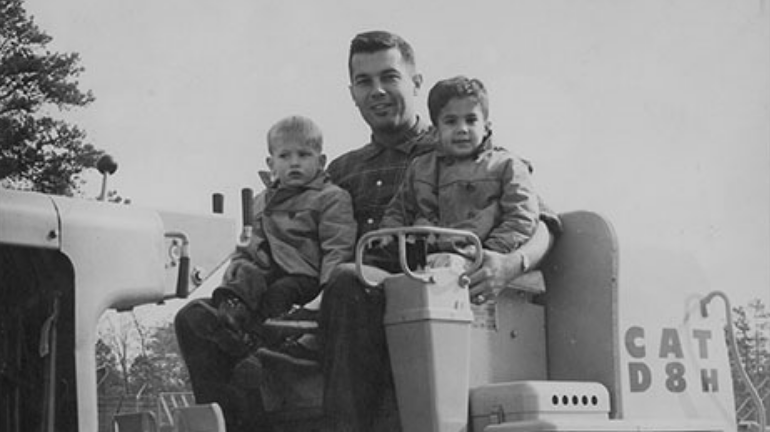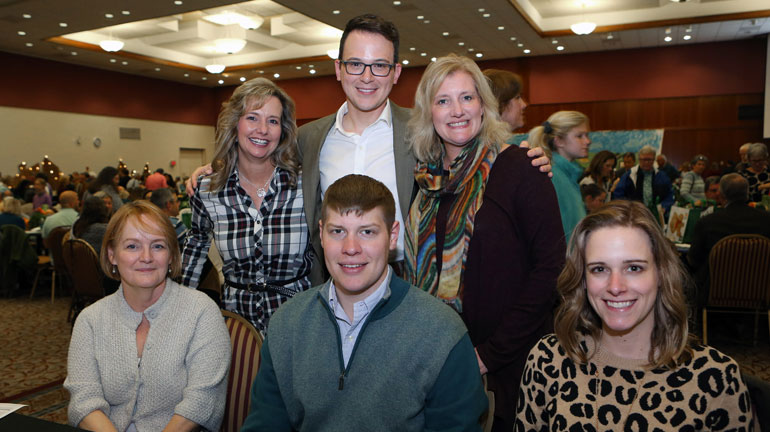I spent my eight week Summer Service Learning Project in Raleigh, North Carolina, where 3 major hospitals have award-winning staff and research, where there is a higher density of doctors and dentists living here than anywhere else in the United States— Yet, where 14% of Wake County residents have no health insurance.
The need for compassionate care in Raleigh is immense. My site, Urban Ministries of Wake County, targets the uninsured for healthcare, with a volunteer-based staff who’s “Welcome!” is as important as the prescription.
The ailments behind most clinic visits are the ones that are slowly controlled rather than cured: diabetes mellitus and high blood pressure. Honing in on high blood pressure, an invisible killer, as the largest issue, the “cure” comes with regular medication, realistic exercise, and lowering the dose.
These steps are hard to complete without motivation, motivation which starts at the doctor’s office. If a patient forgets to refill their medication for a couple of days, it’s back to the drawing board.
The cure comes in the wide-eyed grin and complement from the doctor when Robert brings in a hand-written notebook with blood pressure records. The cure is when Matilda drinks 1 cup of sweeeeet tea a day instead of with every meal to lower her blood sugar. The cure is when Guadalupe gets to choose fresh garden-grown squash from the food pantry. The cure is the huge grin Matthew sports when he realizes Laura can speak French.
I’ve realized that giving is always the right option. Whether it is a compliment, a handshake, eye contact or a children’s book from the play area. And more importantly than giving, is giving without expectation. I know I learned a lot about what it means to care with compassion. I hope to embrace this comprehensive work as a doctor, by valuing the relationship with my patient over the treatment.






